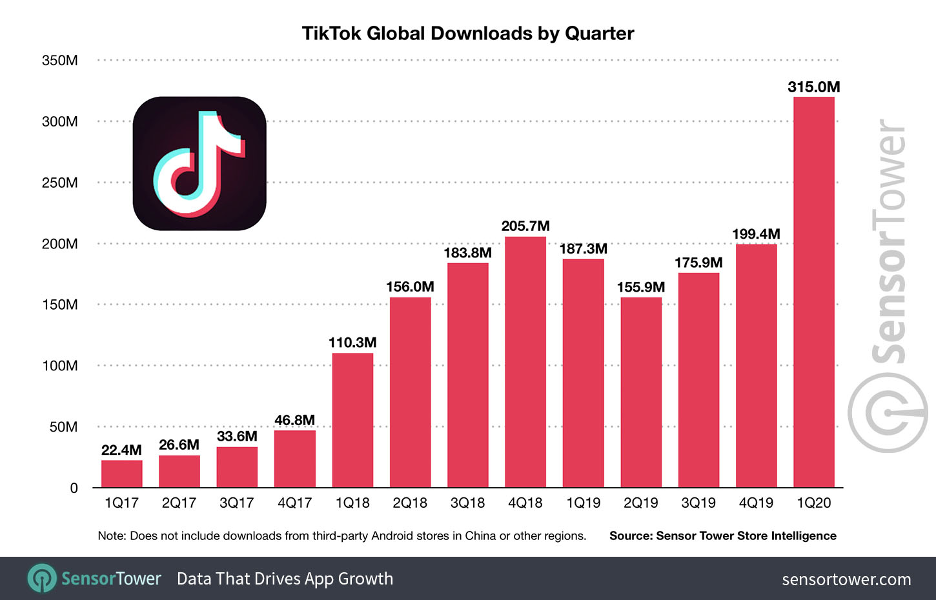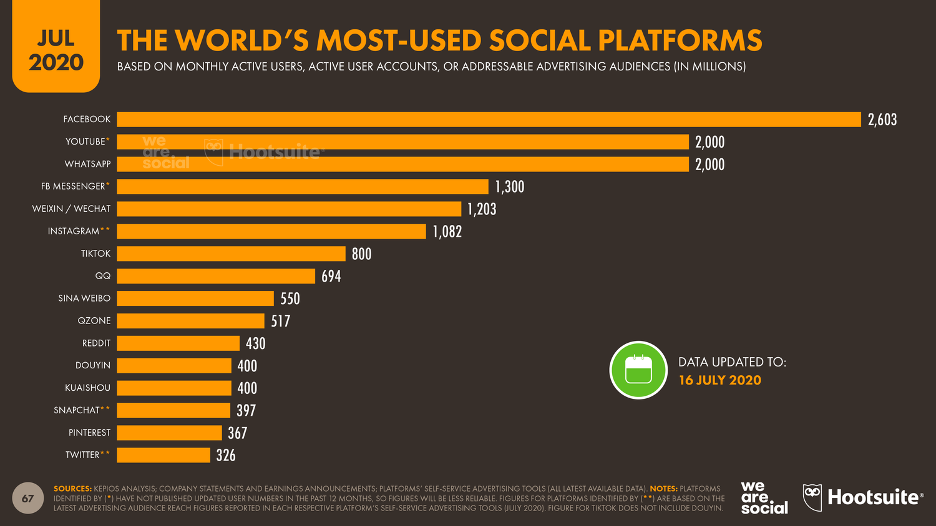Satnam Narang, Staff Research Engineer at Tenable
TikTok’s popular “#ForYou” page has become a habitat for scammers peddling fake mobile applications, diet
pills, drop-shipped goods, fake gift cards and more.
The fate of TikTok’s operations in the U.S., Australia and New Zealand has been a topic of international interest for the past several weeks. Tech giant Microsoft and retail giant Walmart are weighing a joint bid to acquire the businesses and Oracle is also reportedly considering throwing its hat in the ring. However, legal and regulatory challenges are making an already complex negotiation process even more challenging. Even if these considerable hurdles are surmounted, my research over the past seven months reveals some additional challenges a new owner might face in moderating activity on the popular video sharing app. What I found confirms my suspicions that TikTok truly is the Wild West of social media.

The platform raises myriad concerns for a prospective U.S. owner. With a third of its users aged 14 and younger, it’s ripe for exploitation of minors. In addition, we’re already seeing attempts to use the platform to spread misinformation and disinformation related to the U.S. presidential election in November. For the scope of my research, however, I’ve chosen to focus on a plethora of advertising-related scams. Combating these will require any new owner to make a significant investment in beefing up the site’s moderators and implementing new standards and practices to avoid damage to the brand.
TikTok, which is currently owned by Chinese firm ByteDance, has had a monster 2020 so far, setting a record for the most downloads in a single quarter. Children aged four to 14 in the United States, United Kingdom and Spain now spend an average of 80 minutes per day using the app, putting it on par with YouTube. An April report from SensorTower, a mobile app market intelligence firm, found that TikTok has surpassed two billion downloads globally this year.
In 2019, my research into TikTok revealed how popular apps and services have become havens for scammers and how the pursuit of social currency on the network helps fuel an economy for impersonation accounts and services promoting free followers and likes.

Four Types of TikTok Ad Scams
Since early 2020, I’ve been observing how scammers are stepping up their game by pivoting from simply creating accounts on TikTok to exploiting its advertising channels. My research has identified four primary types of TikTok advertisements that are scamming users out of time, money and personally identifiable information:
- Easy money offers. These offers claim to help users earn money by downloading applications that are either deceitful or questionable in nature, including a series of iMoney applications. These advertisements are problematic because they promote fake apps, lure users into potential pyramid schemes, request personally identifiable information such as driver’s licenses and, in extreme cases, encourage users to install mobile device management (MDM) tools which could potentially compromise their devices.
- “Free” offers that come with a price. These scams offer everything from free diet pills and “performance
enhancers” to video games, headsets and gift cards. They are problematic because they use fake celebrity endorsements and fake news articles to dupe users into providing credit card details in exchange for “free” goods, subjecting unsuspecting users to recurring subscription fees or other types of unreimbursed charges. - Dropshipping schemes involving price gouging and questionable goods. These ad scams typically are used to promote questionable or extremely overpriced goods offered by dropshipping. While dropshipping itself isn’t necessarily a scam, these offers are problematic when they involve price gouging, counterfeit or questionable goods, or duping buyers into paying for goods they never receive.
- Dodgy credit repair and tuition assistance offers. These ad scams prey on those who may be in dire financial straits by promising to repair credit card history or by promoting online classes as a way to access financial aid that they could apply for directly on their own. In many cases, these ads are merely a ruse to entice users to pay for bogus services or share their personally identifiable information.
Just as advertising on Facebook, Instagram and Twitter has created a niche for digital marketing, so, too, has TikTok’s advertising platform enabled advertisers to target its 800 million monthly active users — and scammers are rushing to take advantage of the platform’s scope and reach.



